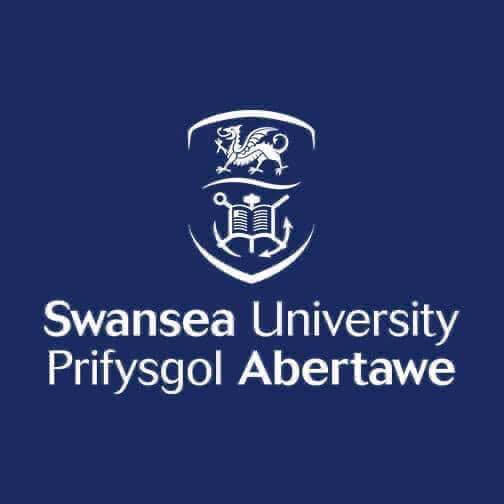fees waived
Biology, BSc (Hons), with study abroad
Swansea University, United Kingdom
Ranking in UK
Biomedical Science
Ecology
Biological Science
Costs
food & rent S$18.4k / year
Entry requirements
Scholarships
Limited quantity
Limited quantity
Limited quantity
Information
Code
Code
Intakes
Website (External)
Programmes
Information
Duration
2030
Biology is a broad and captivating field focused on the scientific study of living organisms, from bacteria to large mammals. This four-year degree at Swansea University equips students with essential knowledge and skills for diverse career paths, including a third year at a partner institution abroad. Our location near varied environments, combined with advanced facilities like a £1.3m Visualisation Centre, a £1.6m survey vessel, and a £4.2m science laboratory, allows for tailored learning through local, residential, and international field courses. The course is accredited by the Royal Society of Biology and covers topics such as animal and marine conservation, microbiology, and climate impacts. All programs offer options for a Year in Industry or Abroad, boosting confidence, communication skills, and employability.In the first year, students explore animal diversity, cellular biology, ecology, and core skills. The second year delves into physiology, parasitology, and field ecology, followed by a year abroad for cultural immersion. The final year includes modules on biodiversity, epidemiology, and professional skills. Assessment involves lectures, seminars, practical classes, examinations, coursework, and a research project. We guarantee conditional offers, subject to requirements—visit an Open Day for more details.
A local representative of Swansea University in Singapore is available online to assist you with enquiries about this course.

